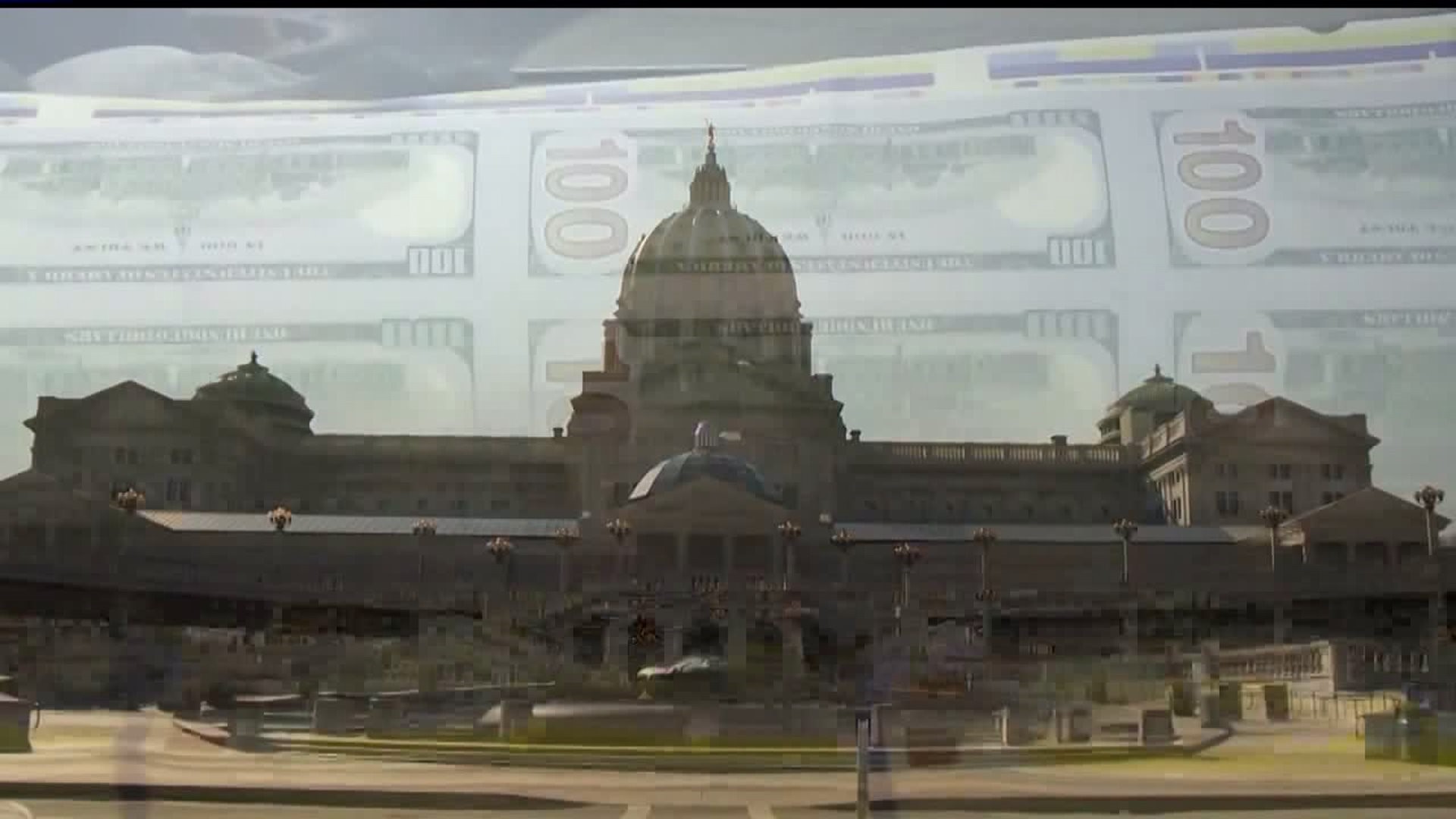HARRISBURG, Pa. -- How will Pennsylvania pay it's bills moving forward is a question the General Assembly has yet to answer.
As legislators worked Saturday and Sunday on how they will resolve a nearly $2 billion budget shortfall, there's another concern that could cost Pennsylvania taxpayers even more money.
The state is nine days into a new fiscal year with a new budget, yet one important part is still missing.
Rep. Frank Dermody (D) said "it adds $100 million for K-12 education, adds millions of dollars to pre-K, and Head Start, and a list of human services also, which is very important for us to take care of. The counties will be able to provide services to the people who need it the most. All those are in the spending plan. We just need to pay for it."
Legislators are working overtime throughout the weekend to reach an agreement on how the state can earn more income to pay for everything it spends money on. A budget that comes up nearly $2 billion short isn't the only problem facing the state.
"There's different options out there. There's nothing that will raise that amount of money in one fell swoop, so it's taking a look at the different options and what we can do," Kocher said.
"Right now we've got to be honest with the people of Pennsylvania, and clearly with Wall Street, because they're threatening downgrades of our credit rating because we have not used recurring sources of revenue to balance our budgets," Dermody said.
It could cost the state more than it's current $32 billion budget in the long run.
"We do have to borrow to run certain programs. We have the funding streams to pay those off, but if the cost of borrowing goes up, the cost of government goes way up. It makes no sense," Dermody said.
If the governor doesn't take any action on the budget, it will automatically become law as of midnight Monday. Legislators expect talks on funding it to continue for a few more days.

